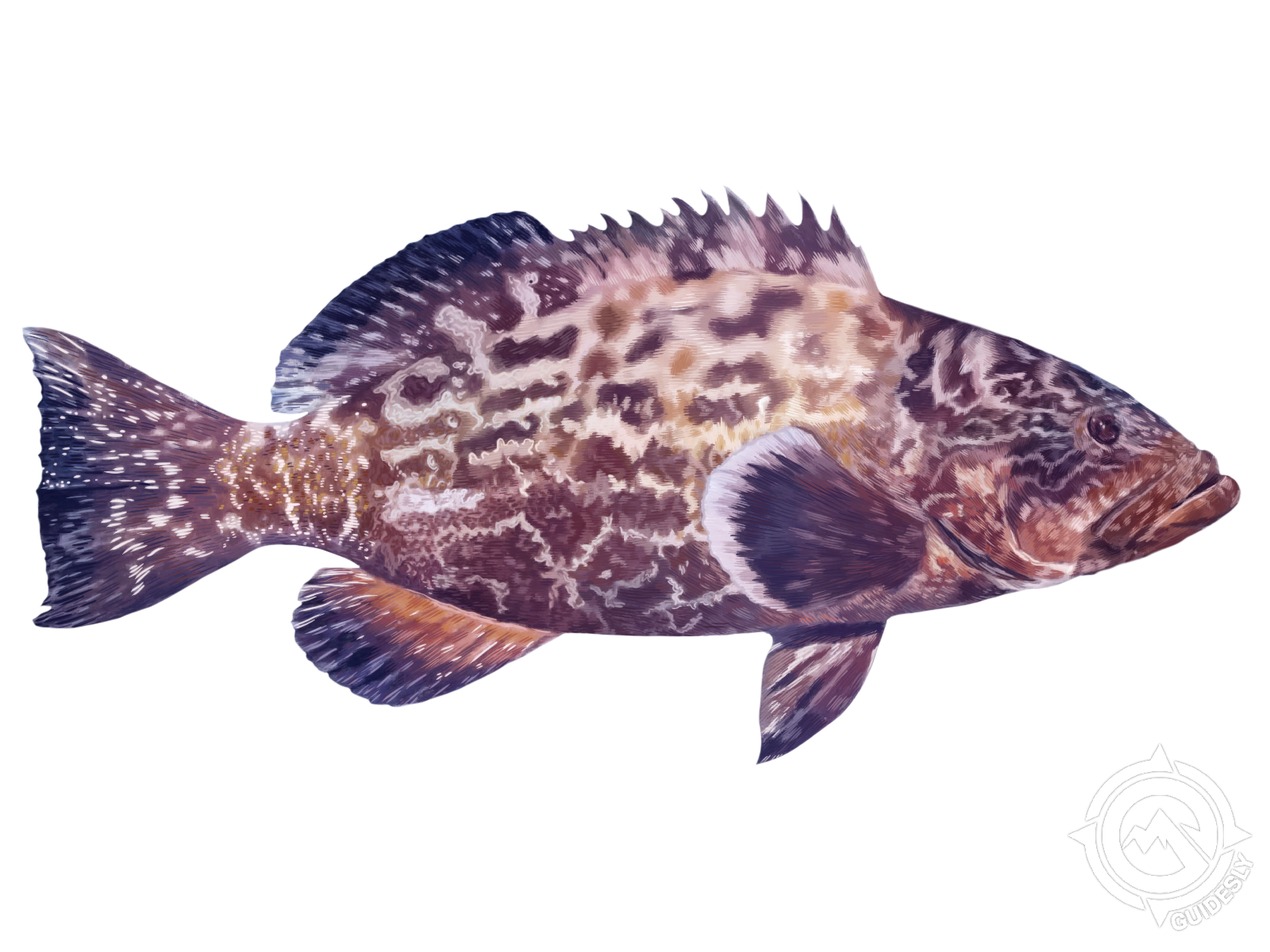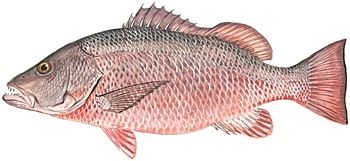//users/01986e2b-3668-4b97-8430-be275b96d655/ratecard/beg-mf7rtjis.jpeg)
%2Ffit-in%2F300x300%2Fusers%2F01986e2b-3668-4b97-8430-be275b96d655%2Fratecard%2Fbeg-mf7rtjis.jpeg&w=256&q=75)
%2F300x300%2Fusers%2F01986e2b-3668-4b97-8430-be275b96d655%2Fimages%2Ffishing-adventure-florida-2795.png&w=256&q=75)
%2F300x300%2Fusers%2F01986e2b-3668-4b97-8430-be275b96d655%2Fimages%2F6-grey-snapper-florida-2841.jpg&w=256&q=75)
%2F300x300%2Fusers%2F01986e2b-3668-4b97-8430-be275b96d655%2Fimages%2Fangler-fishing-florida-3289.jpg&w=256&q=75)
%2F300x300%2Fusers%2F01986e2b-3668-4b97-8430-be275b96d655%2Fimages%2Fgrey-snapper-catch-fl-2957.jpg&w=256&q=75)
%2F300x300%2Fusers%2F01986e2b-3668-4b97-8430-be275b96d655%2Fimages%2Ffive-grey-snapper-fishing-fl-2744.jpg&w=256&q=75)
%2F300x300%2Fusers%2F01986e2b-3668-4b97-8430-be275b96d655%2Fimages%2Fblack-grouper-islamorada-2458.jpg&w=256&q=75)
%2F300x300%2Fusers%2F01986e2b-3668-4b97-8430-be275b96d655%2Fimages%2Fcrevalle-jack-islamorada-fishing-2607.jpg&w=256&q=75)
%2F300x300%2Fusers%2F01986e2b-3668-4b97-8430-be275b96d655%2Fimages%2Fsnook-caught-islamorada-2592.jpeg&w=256&q=75)
%2F300x300%2Fusers%2F01986e2b-3668-4b97-8430-be275b96d655%2Fimages%2Ffantastic-fishing-florida-3011.jpeg&w=256&q=75)
%2F300x300%2Fusers%2F01986e2b-3668-4b97-8430-be275b96d655%2Fimages%2Ffishing-trip-florida-2874.jpeg&w=256&q=75)
Beginner-Friendly Fishing in Islamorada, FL
What you will be catching:
 Black Grouper
Black Grouper Cubera Snapper
Cubera Snapper Great Barracuda
Great Barracuda Permit
Permit Snook
Snook
Trip Pricing and Availabilities :
No trip pricing information available at this time.
Learn to Fish in Islamorada's Rich Waters
Ready to wet a line in the Florida Keys? Captain Steve's beginner-friendly full-day trip is your ticket to Islamorada's fish-filled waters. Whether you've never held a rod or just want to brush up on skills, this laid-back charter is all about having fun while learning the ropes. We'll target easy-going species that'll give you a chance to practice casting, reeling, and maybe even land your first keeper. No pressure, no rush – just a day soaking up the sun and salt air while discovering the joys of fishing in one of Florida's top spots.
What to Expect on the Water
Hop aboard Captain Steve's well-equipped boat for a full day of fishing and learning. We'll cruise out from Islamorada, known as the "Sportfishing Capital of the World," and find some prime spots where the fish are biting. The beauty of this trip is its flexibility – we can stick to calm waters if you're getting your sea legs, or venture a bit further out if you're feeling adventurous. You'll get hands-on practice with different techniques, from bottom fishing for snappers to sight-casting for snook along the mangroves. Captain Steve's got a knack for explaining things in a way that just clicks, so don't be surprised if you're casting like a pro by lunchtime.
Beginner-Friendly Fishing 101
This isn't your typical "here's a rod, good luck" kind of charter. We're talking real, hands-on instruction tailored to absolute beginners. You'll learn the basics of knot tying, how to bait your hook, and the art of reading the water. Captain Steve will walk you through different types of lures and when to use them. We'll cover the essentials of catch and release, so you can fish responsibly. And of course, you'll get plenty of practice actually fishing – because let's face it, that's the fun part! By the end of the day, you'll have a solid foundation in inshore fishing techniques that you can build on for years to come.
Why Newbies Love This Trip
First-timers and fishing rookies keep coming back to Captain Steve's charters for good reason. There's zero judgment here – just patient guidance and a genuine enthusiasm for sharing the sport. You won't feel rushed or pressured to catch the biggest fish. Instead, it's all about enjoying the process and celebrating every little victory, whether that's your first cast without a tangle or reeling in a feisty snapper. The relaxed pace means there's time to ask questions, try different techniques, and really get comfortable on the water. Plus, Islamorada's waters are teeming with fish, so your chances of catching something are pretty darn good – talk about a confidence booster!
Species You'll Want to Hook
Permit: These silvery, disc-shaped fish are like the ninjas of the flats. They're known for being picky eaters and lightning-fast when hooked, making them a prized catch even for seasoned anglers. While permit can be tricky, Captain Steve knows their habits and might just help you land one of these beauties. Spring and early summer are prime permit time in Islamorada.
Great Barracuda: With their long, sleek bodies and impressive teeth, barracuda look like something out of a fishing tall tale. These predators are fast and put up a great fight when hooked. They're often found near reefs and can be caught year-round, but winter tends to be particularly good. Barracuda are perfect for practicing your lure retrieval techniques – their explosive strikes will definitely get your heart racing!
Cubera Snapper: These bruisers of the snapper family can grow to over 100 pounds, though the ones we'll target are typically in the 10-30 pound range. Cuberas love structure, so we'll look for them around reefs and wrecks. They're most active during the summer months. Landing a cubera is always exciting – their powerful runs will test your newly learned skills and make for some great photos.
Black Grouper: These tasty bottom-dwellers are a favorite target for both their fight and their flavor. Black grouper hang out near reefs and ledges, often in deeper water. We might use live bait or jigs to entice them. They can grow quite large, so hooking into one is always a thrill. While they can be caught year-round, winter tends to be particularly good for grouper fishing.
Snook: If you're picturing the perfect inshore game fish, you're probably thinking of a snook. These hard-fighting, acrobatic fish love to hang out near mangroves and bridges. We'll likely target them with live bait or lures, practicing our accuracy casting into likely hiding spots. Snook fishing is best in the warmer months, with peak action often happening at dawn or dusk. Landing your first snook is a rite of passage for Florida anglers!
Time to Book Your Spot
Alright, future anglers – are you ready to turn those fishing dreams into reality? Captain Steve's beginner-friendly charter is the perfect way to dip your toes into the world of Islamorada fishing. You'll come away with new skills, awesome memories, and probably a few fish stories of your own to tell. Whether you're looking to jumpstart a new hobby or just want a fun day out on the water, this trip delivers. Spots fill up fast, especially during peak seasons, so don't wait to book your adventure. Grab a friend (the boat can take two guests), and get ready for a day of laughs, learning, and hopefully some impressive catches. Who knows – this might just be the start of your lifelong fishing obsession!
Learn more about the species
Black Grouper
Black grouper are hefty ambush predators, averaging over 2 feet long but sometimes topping 100 pounds. You'll find them lurking around reefs, wrecks and ledges from 30 to 300 feet deep. They move shallower in colder months. These fish are prized for their firm, mild meat and the fight they put up. When hooked, they'll use their bulk to dive for cover. Anglers enjoy the challenge of muscling them away from snags. Live bait works great - try blue runners or pinfish. My tip: Use heavy tackle with 80-pound braid minimum. Once you feel that telltale thump, crank hard and fast to pull them away from the bottom. Be ready for other predators to try snatching your catch on the way up. Landing a big black grouper is always a thrill.

Cubera Snapper
Cubera snapper are the bruisers of the snapper family, reaching up to 125 pounds. Most are in the 40-pound range, but even those put up a serious fight. Look for them around deep reefs and rocky structures, typically 60-180 feet down. May through August is spawning season when they gather offshore. Anglers love targeting cuberas for their power and tasty fillets. Be ready for a battle - these fish will try to break you off in the rocks. Live bait like small tuna works well. My tip: Use heavy tackle and try to muscle them away from structure quickly. Let them take the bait for a moment before setting the hook hard. The challenge of landing a big cubera makes for an unforgettable day on the water.

Great Barracuda
Great barracuda are the speedsters of our waters, hitting 35 mph in quick bursts. These long, sleek predators average 2-4 feet but can reach 6 feet and over 100 pounds. You'll spot them near the surface around reefs, seagrasses, and mangroves. They're here year-round but more active in warmer months. Barracuda are a blast to catch - they hit hard and make blistering runs. Their fierce looks with those razor teeth add to the excitement. Use shiny lures or live bait like herrings or small tunas. My tip: Try trolling with wire leaders to prevent bite-offs. When you hook one, hang on tight and be ready with a landing net. Watch those teeth when you're handling them! While not prized for eating, barracuda make for some heart-pounding action on light tackle.

Permit
Permit are a prized catch around Islamorada, known for their power and elusiveness. These silvery, disc-shaped fish usually run 20-40 pounds but can top 60. You'll find them tailing on shallow flats or hanging around reefs. Spring through fall is prime permit season when water temps warm up. Anglers love the challenge - permit have incredible eyesight and spook easily. When hooked, they put up an impressive fight. Live crabs are the go-to bait, but fly fishermen can have success with crab patterns too. My tip: Move slowly and quietly on the flats. Let the permit come to you rather than chasing them down. Once you spot one, make a precise cast well ahead of its path. The patience and skill required make landing a permit incredibly rewarding.

Snook
Snook are one of our most popular gamefish here in Islamorada. These sleek predators average 1-2 feet but can reach over 4 feet and 50 pounds. You'll find them around mangroves, docks, and inlets - they love structure. May to September is prime time when they gather to spawn on full and new moons. Anglers chase snook for their aggressive strikes and acrobatic fights. They're also excellent eating when in season. Live bait like pilchards works great, but artificials like swimbaits catch plenty too. My tip: Fish the edges of mangroves on an incoming tide. Make accurate casts - snook won't chase far. When you hook one, keep it away from roots and pilings. Landing a big snook is always a rush, especially on light tackle.

%2Ffit-in%2F250x250%2Fguide_websites%2F8260%2Fimages%2Fimageedit_3_8641094907.png&w=1200&q=100)


%2Ffilters%3Aformat(webp)%2Fusers%2F01986e2b-3668-4b97-8430-be275b96d655%2Fimages%2Fcrevalle-jack-islamorada-fishing-2607.jpg&w=768&q=75)
%2Ffilters%3Aformat(webp)%2Fusers%2F01986e2b-3668-4b97-8430-be275b96d655%2Fimages%2Fsnook-caught-islamorada-2592.jpeg&w=768&q=75)
%2Ffilters%3Aformat(webp)%2Fusers%2F01986e2b-3668-4b97-8430-be275b96d655%2Fimages%2Ffantastic-fishing-florida-3011.jpeg&w=768&q=75)
%2Ffilters%3Aformat(webp)%2Fusers%2F01986e2b-3668-4b97-8430-be275b96d655%2Fimages%2Ffishing-trip-florida-2874.jpeg&w=768&q=75)
%2Ffilters%3Aformat(webp)%2Fusers%2F01986e2b-3668-4b97-8430-be275b96d655%2Fimages%2Ffishing-adventure-florida-2795.png&w=768&q=75)
%2Ffilters%3Aformat(webp)%2Fusers%2F01986e2b-3668-4b97-8430-be275b96d655%2Fimages%2F6-grey-snapper-florida-2841.jpg&w=768&q=75)
%2Ffilters%3Aformat(webp)%2Fusers%2F01986e2b-3668-4b97-8430-be275b96d655%2Fimages%2Fangler-fishing-florida-3289.jpg&w=768&q=75)
%2Ffilters%3Aformat(webp)%2Fusers%2F01986e2b-3668-4b97-8430-be275b96d655%2Fimages%2Fgrey-snapper-catch-fl-2957.jpg&w=768&q=75)
%2Ffilters%3Aformat(webp)%2Fusers%2F01986e2b-3668-4b97-8430-be275b96d655%2Fimages%2Ffive-grey-snapper-fishing-fl-2744.jpg&w=768&q=75)
%2Ffilters%3Aformat(webp)%2Fusers%2F01986e2b-3668-4b97-8430-be275b96d655%2Fimages%2Fblack-grouper-islamorada-2458.jpg&w=768&q=75)
